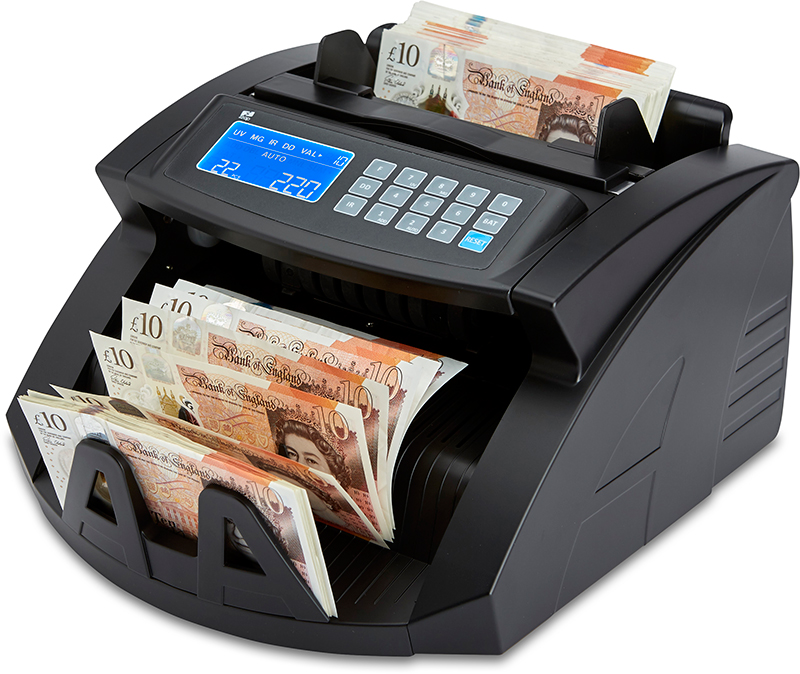If your air conditioner is not working properly, the hottest days of summer can be a nightmare. The weather can also result in high utility bills and frequent HVAC service calls. Here are some stress-free summertime strategies.
Cleanse the physical Conditioner unit
People are typically careful to clean the interior components of an air conditioner, but you cannot neglect the exterior components. Ensure that you regularly wipe the condenser and remove any dust or debris that may impede its proper operation or cause it to operate more slowly. Learn more about your air conditioning from gree split air conditioners
.
Engage the services of an HVAC expert
Before summer, be sure to hire HVAC professionals to inspect and maintain your air conditioner. This action will prevent recurring maintenance costs. Ensure that a certified professional inspects your unit before the summer. This typically costs between $70 and $100 and will save you more money in the long run.
Opt for programmed response
You may not always be available to fine-tune the air conditioner to the environment; therefore, programmed responses are ideal for ensuring that, regardless of whether you are present or not, it adjusts itself to the air your room needs. Smart thermostats may be more expensive, but they save you the hassle of manually adjusting the temperature because you are not always accurate and can save you up to $30 per month.
Position your air conditioning unit in the shade.
The location of your air conditioner can save you thousands of dollars because proper shading increases its efficiency and decreases the likelihood of breakdown. The air in the shade is also relatively cooler than the surrounding air, which makes it easier for your air conditioner to cool your home.
Try growing vines.
The insulation effect of vines is identical to that of an awning. It grows rapidly, shading the exterior of a home as it covers its exterior. These vines prevent the exterior walls from absorbing heat by obstructing the sunlight that warms the walls.
Do not place your thermostat near heat sources.
Do not place your thermostat near your refrigerator, television, or other heat-generating appliances, as they will cause your air conditioner to run longer than necessary. Ensure that your air conditioner is installed in a location where it will not receive direct sunlight.
Examine your filters
Examine your filters frequently and replace them as necessary. This process is essential during the summer months when dust is prevalent. Ensure that your system is not clogged, as this will cause your air conditioner to work harder to provide you with clean air, resulting in higher energy consumption. It saves money and time on HVAC maintenance when it is regularly inspected and kept in good working order.
Invest in AC-compatible landscaping
Avoid using asphalt or cement on the west or south side of your home if you have a rocky landscape. If these materials are not placed in the shade, they will heat up and cause your home’s temperature to rise, overworking your air conditioner and influencing your cooling strategies.
Employ window film
Window films are necessary in both the summer and winter. They keep your home cool in the summer by reflecting the sun’s rays away from it and warm in the winter by retaining heat. Thus, window films work in tandem with your air conditioner to keep your home’s air cool without breaking the bank.
Make certain there is no debris
Keep an eye out for shrubs, trees, flowers, and other landscaping that is within two feet of the house. These obstructions prevent proper airflow, causing your air conditioner to overwork to provide cool air.
Complement your conditioner
Install fans in your home because they are easier to maintain than an air conditioner. Check the rooms in the house that are seldom used and install fans to save money. Set the fans to rotate counterclockwise and direct the air downwards. On extremely hot days, you can also increase the fan speed to achieve the same effect as your air conditioner.
Buy newer AC models
Newer AC models may be slightly more expensive than their predecessors, but they are better equipped and more energy efficient. Additionally, they are designed to consume less electricity, resulting in monthly savings.
Close all vents
Closing all vents prevents the air conditioner’s compressor from drawing in constant air. This can be accomplished by ensuring that all ventilators in the room are closed. Utilize sealants that are long-lasting to fill any window or wall cracks.
Insulate the walls
Make sure your walls aren’t so thin that they let air in and out. If the walls are thin, the air conditioner will struggle to keep the air fresh. You can also invest in insulators to avoid overworking your air conditioner. The purpose of insulators is to keep your home warm in the winter and cool in the summer. Choosing the appropriate type of insulation can also be cost-effective.
Purchase blinds and shades
Windows admit approximately 25 percent of summertime heat. Investing in quality shades and blinds reduces the workload of your air conditioner during the hottest hours of the day.

 Counseling Amore: Nurturing Relationships Through Expert Guidance
Counseling Amore: Nurturing Relationships Through Expert Guidance  Video Projector Rental: Elevate Your Event with High-Quality Visuals
Video Projector Rental: Elevate Your Event with High-Quality Visuals  Malaga Wedding Venues: A Guide to Your Dream Destination Wedding
Malaga Wedding Venues: A Guide to Your Dream Destination Wedding  The Benefits and Importance of Pressure Washing in Fife
The Benefits and Importance of Pressure Washing in Fife 


